Festivals in Nicaragua, a country steeped in rich cultural traditions and diverse heritage, celebrates a myriad of festivals and holidays throughout the year. From religious observances to cultural festivities, these events provide an opportunity for Nicaraguans to come together, honor their traditions, and celebrate their shared identity. In this exploration, we will delve into Nicaragua’s most relevant festivals and holidays, organized by month, and uncover the significance behind each celebration.
New Year’s Day (January 1st):
Like many countries around the world, Nicaragua celebrates New Year’s Day with parties, fireworks, and gatherings with family and friends. It marks the beginning of a new year and is often a time for reflection, resolutions, and optimism for the future.
Día de la Virgen de Candelaria (February 2nd):
This religious holiday honors the Virgin of Candelaria, the patron saint of fishermen and sailors. Celebrations include Masses, processions, and traditional dances in coastal towns and fishing communities.
Día de San José (March 19th):
St. Joseph’s Day is celebrated in Nicaragua with religious processions, Masses, and feasts in honor of St. Joseph, the patron saint of fathers, workers, and the home.
Semana Santa (April, Holy Week):
Semana Santa is one of the most important religious observances in Nicaragua, commemorating the passion, death, and resurrection of Jesus Christ. It is marked by religious processions, ceremonies, and rituals, with Palm Sunday, Good Friday, and Easter Sunday being the most significant days.
Fiesta de San Marcos (April 25th – May 3rd):
The Feast of San Marcos is celebrated in the town of Masatepe with religious processions, traditional dances, and cultural events in honor of St. Mark, the patron saint of the town.
Día del Padre (Father’s Day, third Sunday of June):
Father’s Day is celebrated in Nicaragua with family gatherings, gifts, and special meals to honor fathers and father figures.
Fiesta de Santiago Apóstol (July 25th):
The Feast of St. James the Apostle is celebrated in the town of Jinotepe with religious processions, traditional dances, and cultural events in honor of the patron saint of the town.
La Gritería (August 14th):
La Gritería, or the Festival of the Assumption, is a unique Nicaraguan tradition that celebrates the Feast of the Assumption of the Virgin Mary. It involves singing, shouting praises to the Virgin Mary, and sharing traditional treats with friends and family.
Día de la Independencia (September 15th):
Independence Day is one of the most significant national holidays in Nicaragua, commemorating the country’s independence from Spain in 1821. Celebrations include parades, fireworks, cultural events, and patriotic displays throughout the country.
Fiesta de San Jerónimo (October 5th):
The Feast of St. Jerome is celebrated in the town of Masaya with religious processions, traditional dances, and cultural events in honor of the patron saint of the town.
Día de los Difuntos (Day of the Dead, November 2nd):
Day of the Dead is observed in Nicaragua with visits to cemeteries, prayers for the souls of the deceased, and the decoration of graves with flowers, candles, and offerings.
La Purísima (December 7th):
La Purísima, or the Feast of the Immaculate Conception, is one of the most important religious festivals in Nicaragua, honoring the Virgin Mary. It involves the decoration of altars, singing hymns, and sharing traditional foods with friends and family.
Conclusion:
Throughout the year, Nicaragua’s festivals and holidays offer a rich tapestry of cultural traditions, religious observances, and community celebrations. From the solemn rituals of Semana Santa to the joyous festivities of La Gritería, these events serve as a reflection of Nicaragua’s diverse heritage and collective identity. They bring people together, foster a sense of belonging, and provide an opportunity to honor traditions, celebrate shared values, and strengthen bonds of friendship and solidarity. In Nicaragua, every month is marked by unique and meaningful celebrations that showcase the country’s vibrant culture and rich history.


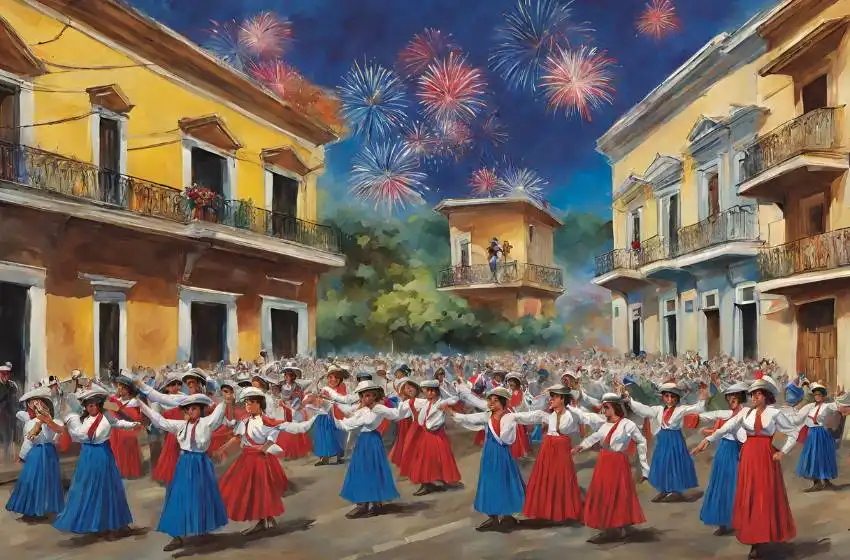
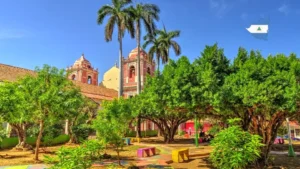

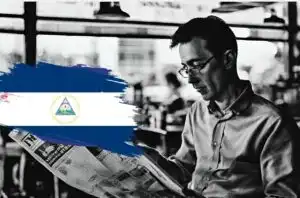
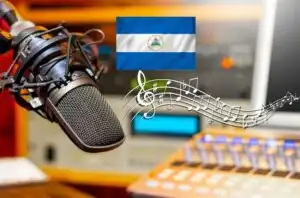
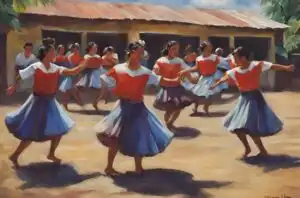

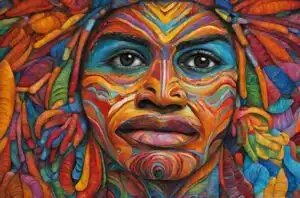
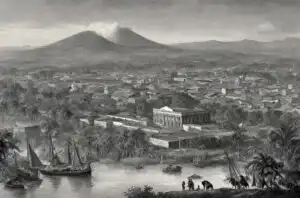
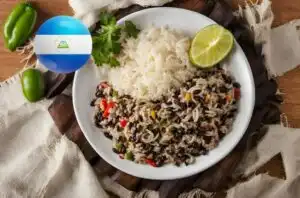
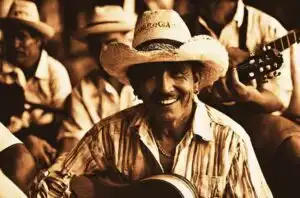
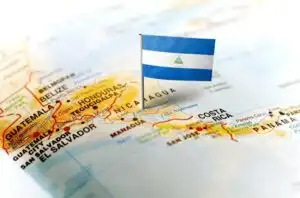
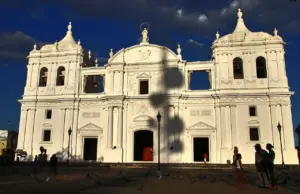
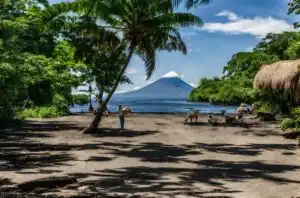
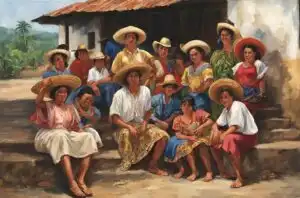


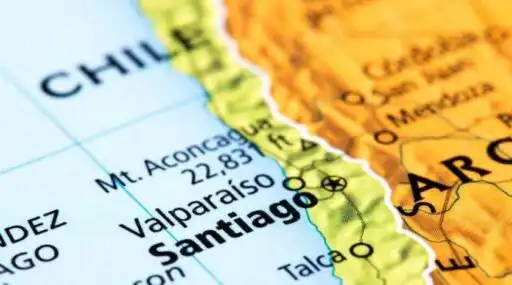

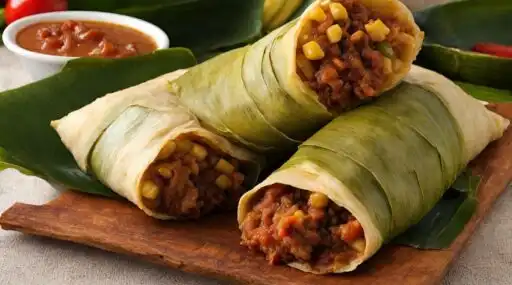

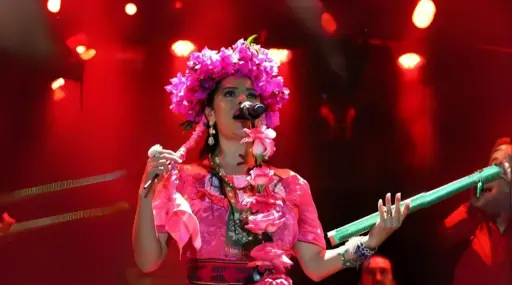


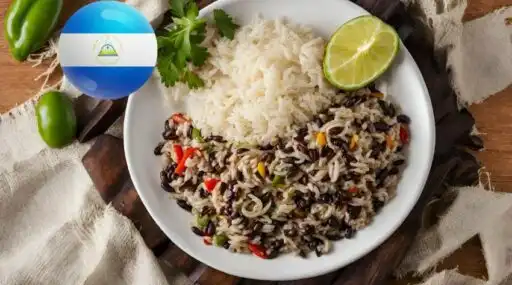
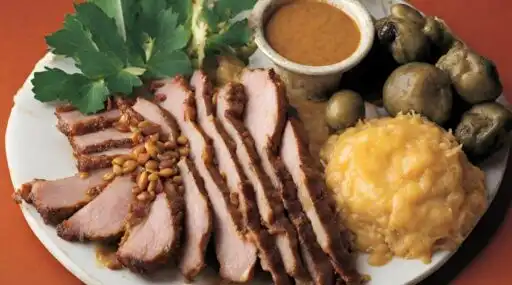

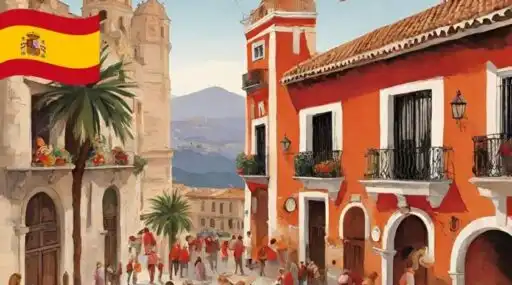

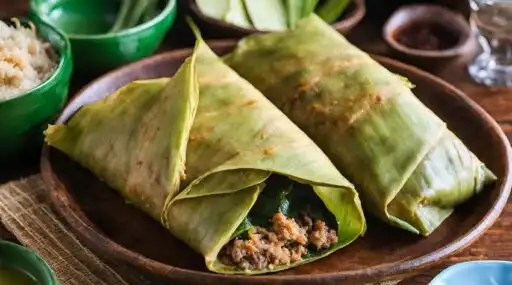

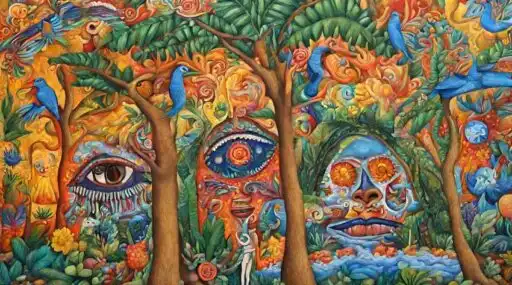

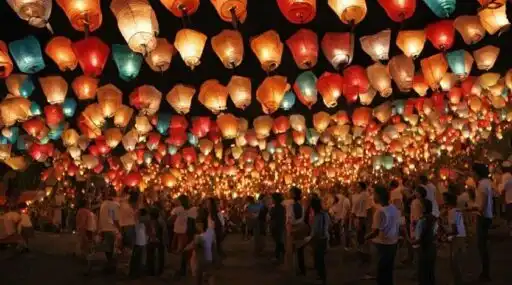
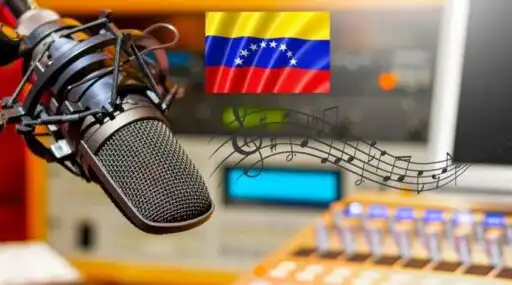
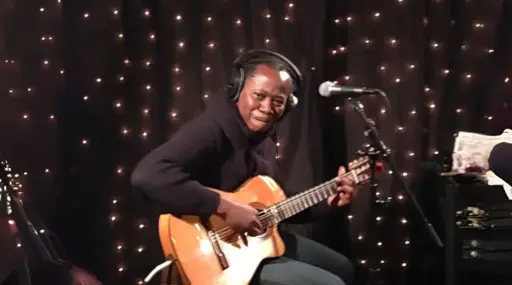
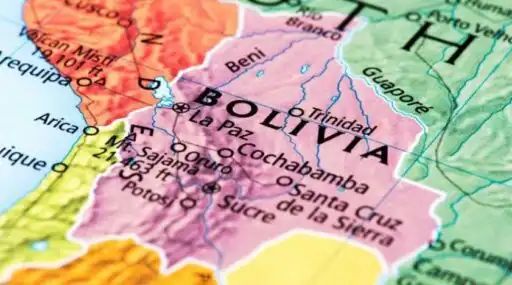

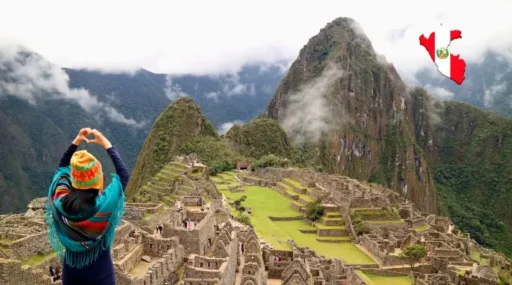

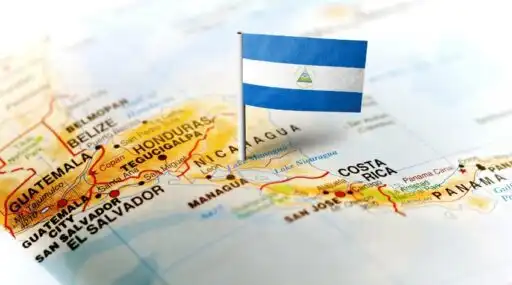

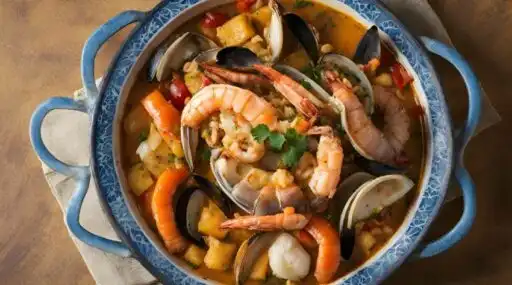
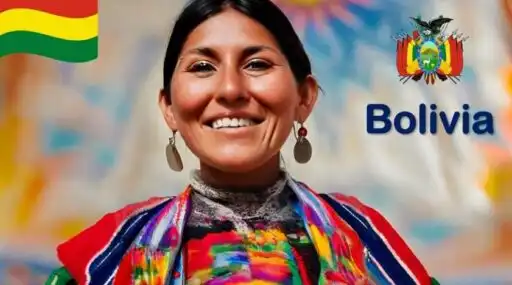

Leave a Reply